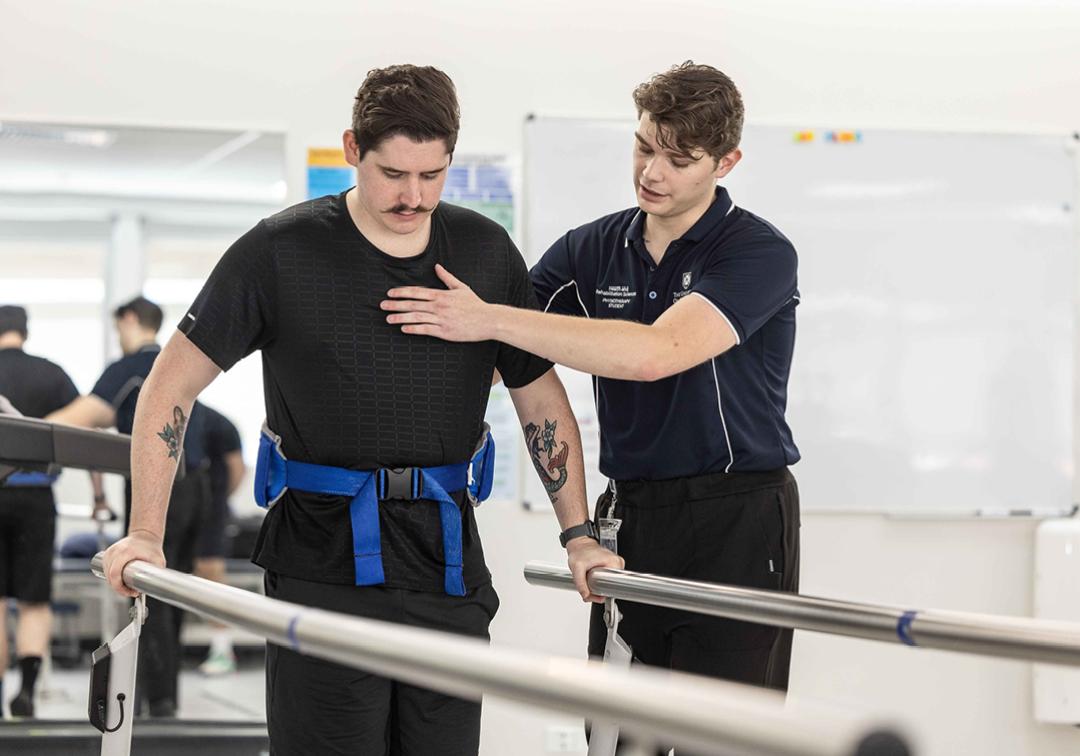
Examine the complex relationship between mind, body and disease to treat, cure and prevent disease.
Study molecular biology, genetics, physiology, anatomy and immunology – then apply your knowledge in laboratories where medical breakthroughs are taking place.
You’ll put theory into practice and work alongside researchers and healthcare professionals to conduct medical research and test the effectiveness of treatments.
Studying biomedical science can prepare you for a research-based honours program, or employment within the education, the healthcare industry, government, not-for-profit organisations or universities.
Career possibilities
Our programs prepare you for your first job and beyond. Here are some of the careers you could be on your way to:
- Secondary school teacher
- Biomedical engineer
- Biomedical researcher
- Biomedical technology scientist
- Biomedical scientist
- Biomedical technician
- Biomedical imaging manager
- Embryologist
Graduate salary
Teacher education (undergraduate)
compared.edu.au
Events
See all events
9 June
Master of Physiotherapy information webinar
Stories
See all stories
UQ people
Turning her curiosity into a healthcare career
4-minute read

Careers
Transform your career with 4 business psychology courses
3-minute read

Uni life
What’s it like to study business psychology as a postgraduate?
5-minute read
Stories
See all stories
UQ people
Turning her curiosity into a healthcare career
4-minute read

Careers
Transform your career with 4 business psychology courses
3-minute read

Uni life
What’s it like to study business psychology as a postgraduate?
5-minute read
How you'll learn
Your learning experiences are designed to best suit the learning outcomes of the courses you choose.
- Lectures
- Tutorials
- Work placements
- Overseas study
- Research experience
- Laboratory work
- Fieldwork
- Studios
- Workshops
What you'll study
At UQ, subjects are called 'courses'. Here's a sample of the courses you could study:
- Genes, Cells and Evolution
- Human Anatomy
- Microbiology and Immunology
- Molecular and Cellular Neuroscience
- Principles of Pharmacology
- Systems Physiology
Keep up to date
Sign up to get information about applying and studying at UQ.



